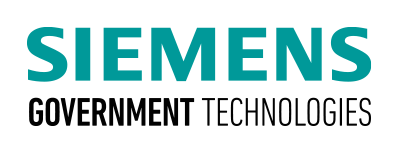Gifts, Entertainment & Hospitality
Business entertainment, gifts, and hospitality, where appropriate, are meant to create brand recognition, goodwill, and establish or maintain sound working relationships. They shall not be offered or received to gain improper advantage with customers or suppliers, to facilitate approval from Government officials, or where otherwise illegal or where they might result in an actual or potential appearance of impropriety. As a result, no employee may directly or indirectly offer, promise, grant, or authorize (directly or indirectly) the giving of money or anything else of value to a government official to influence official action or obtain an improper advantage. The same applies to a private commercial counterparty in a business transaction in consideration for an improper advantage. Any offer, promise, grant or gift must comply with applicable laws and SGT policies, and must not raise an appearance of bad faith or unsuitableness. This means that no such offer, promise, grant or gift may be made if it could reasonably be understood as an effort to improperly influence a government official or as a bribe to a commercial counterparty to grant SGT a business advantage.
Employees must understand that the term “government official” is defined broadly to include officials or employees of any government or other public body, agency, or legal entity, at any level, including officers or employees of state- owned or county-owned enterprises, municipalities, and public international organizations. It also includes candidates for political office, political party officials and employees, as well as political parties.
In addition, employees may not give money or anything of value indirectly (for example, to a consultant, agent, intermediary, business partner or other third party) if the circumstances indicate that all or part of may be directly or indirectly passed on to a government official to influence official action or obtain an improper advantage or to a private commercial counterparty in consideration for an unfair advantage in a business transaction. For that reason, employees responsible for hiring consultants, agents, partners in joint ventures or other business partners must take action as appropriate to:
- ensure that those third parties understand and will abide by SGT’s anti-corruption policies;
- evaluate the qualifications and reputation of such third parties; and
- include appropriate provisions in agreements and contracts designed to protect SGT.
Entertainment and gifts cannot be accepted by any employee unless of nominal or token value or express written permission is received by their manager and the SGT Chief Compliance Officer.
